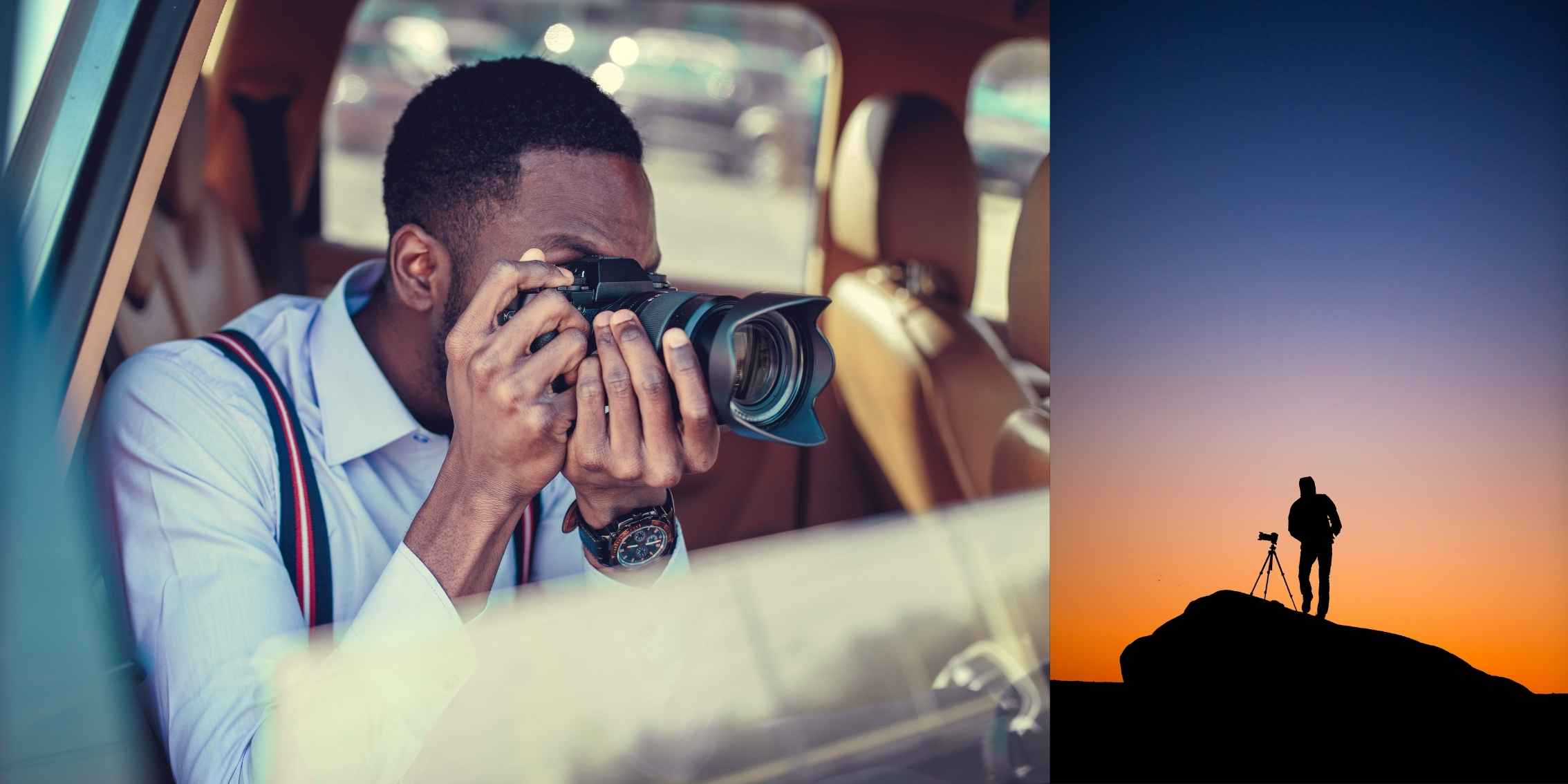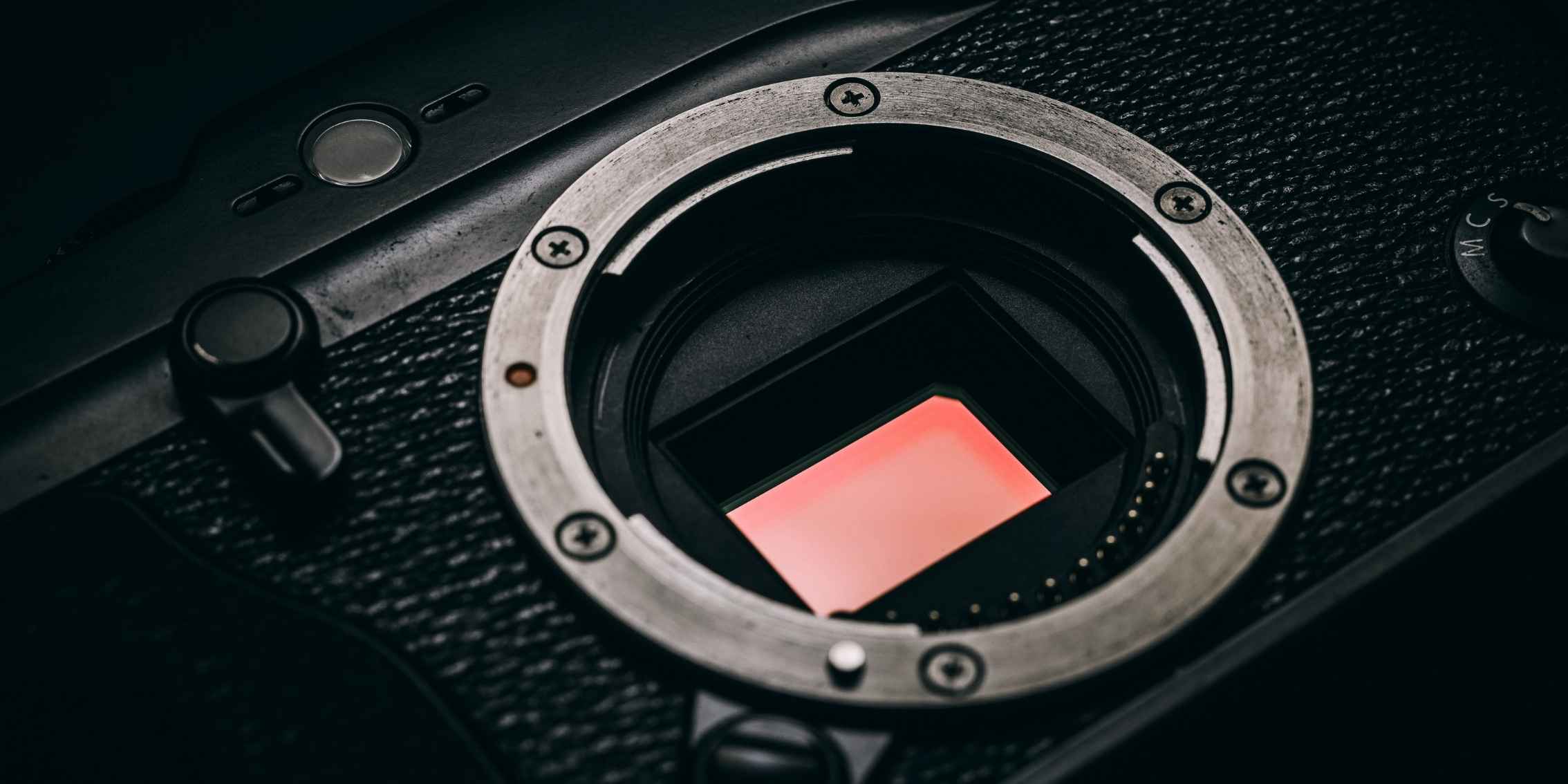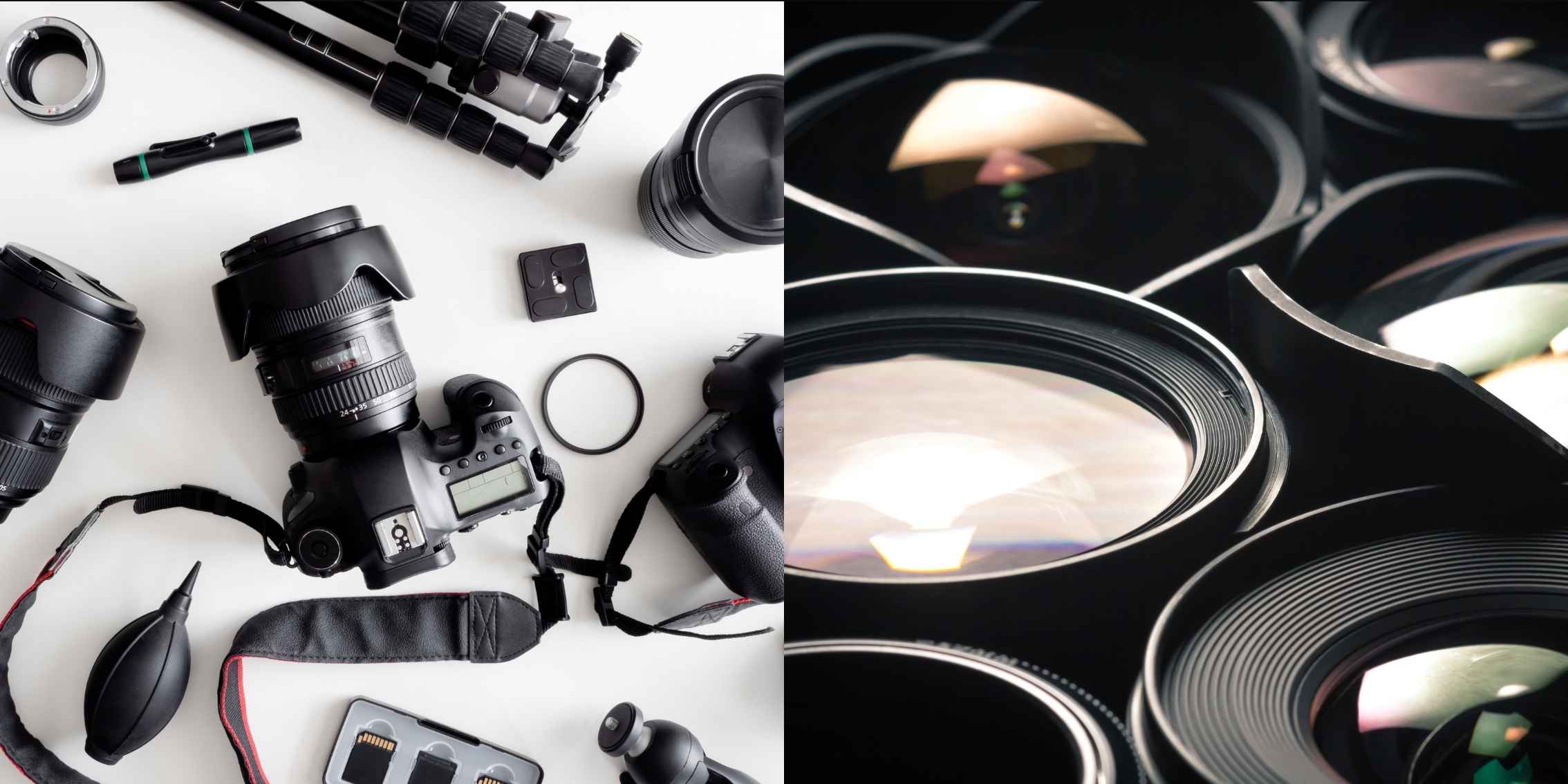Beginner's Guide: Choosing a Good Starter Camera

Image Source: Christian Mackie - Unsplash
Choosing the right camera is an exciting first step in your photographic
journey. The camera you select will not only influence the quality of your
photos but also how you experience and enjoy photography. At The Photography
Institute (PI), we offer comprehensive photogrpahy courses
designed to help you master the art of taking pictures, starting with selecting
the perfect camera for your unique style.
In short…
- Camera Type: Choose between DSLR, mirrorless, or compact cameras based on your needs. DSLRs offer manual controls and lens options, mirrorless cameras are compact with fast autofocus, and compact cameras are user-friendly and portable.
- Sensor Size: Larger sensors (e.g., full-frame) capture more light, providing better image quality and depth of field control. APS-C sensors balance quality and affordability, while Micro Four Thirds sensors are compact and budget-friendly.
- Lens Compatibility: Consider the availability and cost of lenses for your chosen camera system. Interchangeable lens cameras offer flexibility, while fixed-lens cameras are simpler but less versatile.
- Ease of Use: Look for cameras with intuitive controls, good ergonomics, and helpful features like touchscreens and articulating screens to enhance your shooting experience.
- Budget: Determine your budget and find a camera that offers the best features within your price range. Remember to factor in the cost of lenses and accessories.
Selecting the right camera involves balancing your photography goals with the features that best support them. Consider your specific needs, preferences, and budget to make an informed decision.
Understanding Your Photographic Needs
Before diving into technical specifications, it's important to consider your
photography goals and habits. What do you aim to achieve with your camera and
how do you plan to use it?
Key Decision Factors:
- Portability: Are you interested in travel photography that
requires a lightweight, portable camera, or do you prefer studio work where
weight and size are less of a concern?
- Control: Determine your comfort level with camera settings.
Beginners might prefer automatic modes, while those looking to advance may want
more manual control.
- Budget: Assess your budget to find a balance between
affordability and quality.

Image Source: Adobe Stock & Braden Jarvis - Unsplash
Different Camera Options:
- DSLR Cameras: Ideal for those seeking high image quality
and extensive manual control. They are versatile but can be bulky.
- Mirrorless Cameras: Offer a balance between quality and
portability. They provide excellent image quality with a more compact design.
- Compact Cameras: Perfect for those who prioritize
portability and ease of use. They are generally more affordable and
user-friendly.
Sensor Size & Image Quality Explained
The sensor size of your camera plays a big role in capturing stunning photos.
The sensor captures light and converts it into an image, and its size directly
impacts overall image quality.
Types of Sensors:
- Full-Frame Sensors: These are the largest sensors available
in consumer cameras and provide the best image quality. Full-frame sensors excel
in low-light conditions, offering superior performance with less noise. They
also provide a wide dynamic range, capturing more detail in highlights and
shadows, and offer greater control over depth of field, allowing for beautifully
blurred backgrounds in portraits.
- APS-C Sensors: Slightly smaller than full-frame sensors,
APS-C sensors are commonly found in many DSLR and mirrorless cameras. They
strike a good balance between image quality and affordability. APS-C sensors
perform well in low light and offer a decent dynamic range, making them suitable
for a variety of photography styles.
- Micro Four Thirds Sensors: These sensors are smaller than
both full-frame and APS-C sensors. While they may not perform as well in
low-light situations and have a narrower dynamic range, they make up for it with
their compact size and affordability. Cameras with Micro Four Thirds sensors are
lightweight and portable, making them ideal for travel photography.
The Impact of Sensor Size:
- Low-Light Performance: Larger sensors, such as full-frame
and APS-C, capture more light, resulting in clearer images with less noise in
dim environments.
- Dynamic Range: A larger sensor provides a wider dynamic
range, capturing more detail in both the brightest and darkest parts of a scene.
- Depth of Field Control: Larger sensors offer more control
over depth of field, making it easier to achieve a blurred background effect,
desirable in portrait photography.

Image Source: Alexander Andrews - Unsplash
The Power of the Lens: Exploring Focal Lengths
Lenses shape your photographic style. The focal length determines the
perspective and composition of your images.
Lens Types:
- Wide-Angle Lenses: These lenses have a short focal length,
typically less than 35mm, and are perfect for capturing expansive scenes such as
landscapes and architectural shots.
- Prime Lenses: Prime lenses have a fixed focal length and
are known for their sharpness and wide apertures, making them excellent for
portrait photography and low-light conditions.
- Zoom Lenses: Offering a range of focal lengths in one lens,
zoom lenses are versatile for various photography genres, from wide-angle to
telephoto.
For beginners, selecting a versatile starter lens is key and can help you find
your unique style. A popular option is the 18-55mm kit lens, which often comes
bundled with entry-level cameras. This lens covers a useful focal range, making
it a great all-rounder for various photography styles. Alternatively, a 50mm
prime lens is another excellent choice. It’s affordable, lightweight, and
delivers high-quality images, perfect for portraits and everyday photography.
Understanding Image Resolution Beyond Megapixels
Megapixels are often misunderstood as the sole determinant of image quality.
While important, they are only part of the equation. Consider sensor size, image
resolution, and pixel density, which impact image quality, especially when
cropping or printing large images.

Image Source: Adobe Stock
Exploring Additional Features
Once you understand the basics of camera selection, explore additional features
that can enhance your photography experience:
- Image Stabilization
- Video Capabilities
- Weather Sealing
- Autofocus Performance
- Articulating Screen
- Connectivity Options
Prioritize
features that align with your specific interests and shooting
scenarios. For instance, if you frequently shoot in low-light environments,
image stabilization should be high on your list. Aspiring videographers should
look for strong video capabilities, while outdoor enthusiasts may need weather
sealing.
Unlocking Your Photographic Potential
Our online photography courses at the Thew Photography Institute (PI) delve deeper
into camera technology, manual shooting modes, and creative techniques.
Key Benefits:
- Flexibility: Study at your own pace and fit learning into
your schedule.
- Expert Guidance: Learn from experienced
professionals.
- Community: Join a network of fellow photography enthusiasts
for support and inspiration.
Start Your Photography Journey with PI
Choosing the right camera is foundational to your photographic journey. With the
right knowledge and skills, you can confidently implement these strategies and
excel in photography. Get
in touch to learn more about our online courses and take the first step
toward mastering the art of photography with the perfect camera for you!



